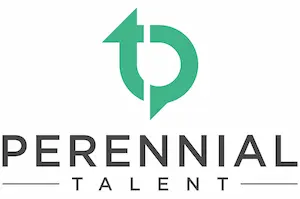Defining Performance: What is it good for?
4 Reasons You Need to Use Competencies to Define Performance
Have you ever been an employee or had an employee ask you, “Am I doing a good job?” You may say something like, “I need you to be a better team player and communicate more.” What does this mean exactly? Too often, employees and their managers do not have a clear sense of what success looks like for a given role and struggle in defining performance expectations. If I were to ask you what does being a good communicator means to you, you might say “talking more in meetings” and if I ask someone else, they might say “I need to think before I speak.” Somewhere along the line, the message gets lost.
Below, we present 4 reasons why you should take the time to define performance in a consistent and measurable way using competencies.
Why You Need Competencies
Reason 1 – Create a Common Language
Describing jobs in a measurable and observable way helps everyone to have a clear picture of what success looks like. It’s like on Star Trek when the enterprise meets a new group of aliens for the first time, they always seem to know what the aliens are saying. That’s because they have a universal translator. You need a universal translator for defining performance for a job and across the entire organization. Competencies do just that!
Reason 2 – Set Clear Expectations
Defining performance using competencies helps employees to develop a clear sense of what is expected. Employees don’t have to wonder what they need to know and what they should be doing on the job. They don’t have to wonder if they are doing a good job. They will have a clear sense of what good communication actually looks like.
Reason 3 – Increase Engagement
By defining it, you can measure it. Employees can identify their strengths and developmental needs in terms of their current role. Often employees who don’t feel like they have access to opportunities for learning and development may lack motivation or may decide to leave your organization. By defining performance for the role using competencies, employees can identify learning opportunities they would like to pursue to cultivate their skillset. They can even see if they have the competencies required for success for other roles across the organization that they would like to transition into. This helps you to engage and retain your best people.
Reason 4 – Make Better Decisions
Recruitment, hiring, placement, and promotion decisions are made much more objective when you take the time to define performance using competencies. Employees are hired, assessed, developed, and promoted based upon objective criteria (i.e., competencies) rather than subjective factors like seniority or gutfeel. This helps the truly qualified individual rise to the top and allows others to become qualified if they are willing to take advantage of available development opportunities.
By using competencies, you can define performance in a consistent and measurable way. This way all employees know what they are responsible and accountable for!


